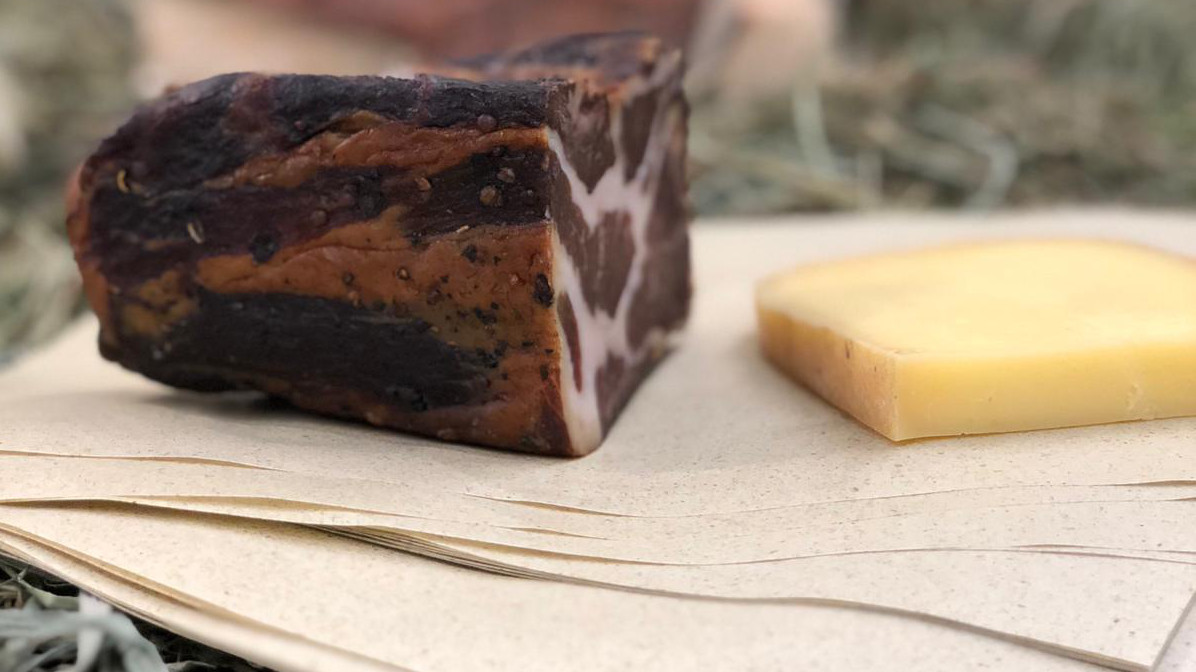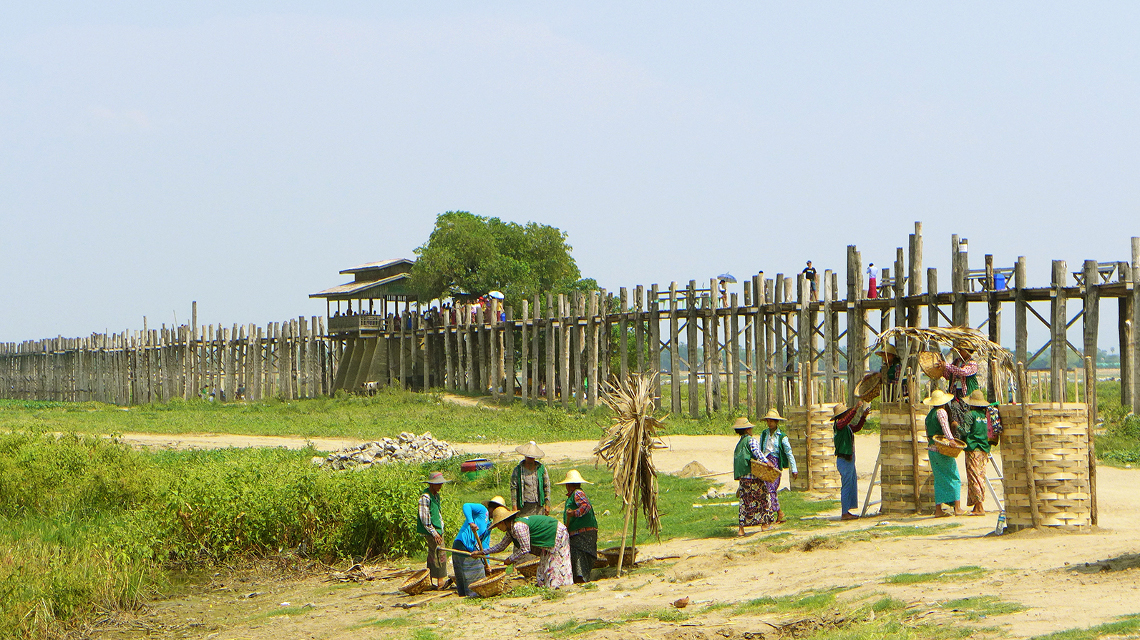McDonald's wraps burgers in grass paper
For ten days, the fast food chain McDonald's is testing sustainable packaging for their burgers. They are served in grass paper from the Swabian start-up Apomore.

Fast food restaurants are often criticized by environmentalists because of the resource consumption of food and the large amounts of packaging waste. The fast food chain McDonald's now wants to tackle the packaging problem. It is currently testing packaging concepts with sustainable solutions in a live experiment in the Mall of Berlin shopping center's "Better M Store" branch. From 17 to 26 June, guests will be served the burger in grass paper, ketchup in a wafer tray and drinks in a returnable cup. The salad can be eaten from a paper box with wooden cutlery. The company wants to test how sustainable strategies can be integrated into system catering and how appealing the new concepts are to guests.
Sustainable packaging put to the test
New solutions for disposable packaging involve changes for companies and consumers. McDonald's wants to find out what opportunities there are and what concepts need to be further developed. "An innovative solution will only work if it is equally suited to our operational processes in the restaurant, to hygiene requirements and to the preferences of our guests," says Heike Bierweiler, Director Supply Chain at McDonald's Germany. The "Better M Store" will therefore serve as a platform for dialogue. During the live experiment with experts, McDonald's will conduct discussions with experts and receive feedback from the guests on site and via social media.
Paper with grass from the Swabian Alb
The burger packaging in grass paper is particularly innovative. But what makes grass paper so sustainable? The production of fibres from grass consumes significantly less energy and saves large amounts of water compared to the processing of pulp from wood. In addition, the use of chemicals is unnecessary. The grass paper in the "Better M Store" comes from the start-up Apomore from Dettenhausen in Baden-Württemberg and one third consists of grass from the Swabian Alb. At this year's "Biofach" trade fair in Nuremberg, the start-up company presented a grass paper refined with beeswax with a preservative effect.
This is how McDonald's learned about the paper. However, a preservative effect is not necessary for the packaging of the burgers. That's why the start-up company does without the beeswax coating for McDonald's, which also saves resources. "Many of our customers are organic shops or small businesses. Our packaging is the icing on the cake when it comes to sustainability. If McDonald's were to use the Bee paper "Basic", the leverage effect would be immense and a lot would be gained in terms of sustainability," says Steffen Krötz, sales manager at Apomore, in an interview with bioökonomie.de.
"Jugend forscht" project gave the spark
The waxed version of the grass paper, the Bee-Paper "Wax", will be used at butcher's and cheese counters in the future to replace plastic foils. The idea for the compostable cling film came from the pupil Hannes Stengel from Regnitzlosau in Upper Franconia. His idea: if wax keeps the beehive germ-free, this effect could also be useful for sustainable food packaging. For the young scientist contest "Jugend forscht", he coated paper with beeswax using a water bath and an iron and tested the shelf life of various foods in it. Daniel Birkhofer, managing director of Apomore, was impressed by the experiments. He had the idea of applying the coating on grass paper and ensured that production on an industrial scale was possible. At the end of July, the Bee-Paper "Wax" will be used in the first organic shops and supermarkets.
McDonald's has set itself the goal of using only packaging from renewable, recycled or certified sources worldwide by 2025. All packaging should be recyclable, even if it is still often single-use packaging. Millions of hamburgers could thus be served in grass paper from the Swabian Alb in the future.
ih/um


